Have you experienced bulb flickering, dashboard errors, or radio interference after installing LED bulbs? These are collectively referred to as decoding problems. Next, I'll cover the reasons for the decoding problem, the main popular types of decoders on the market, and their pros and cons.
First, we need to know the relations between CANbus and headlights.

CANbus, also called Controller Area Network bus, is designed to allow microcontrollers and devices to communicate with each other's applications without a host computer. In short, CANbus will check various components' working status of your car. CANbus system will measure the resistance on the circuit and pulse signal from lights to determine whether the light bulb is working. That is why when you replace the halogen light with an LED, CANbus turn on the warning light due to the low voltage of the LED bulb.
There are 3 types of decoders on the market:
Resistor, Capacitor and Mixed type with both of them.
1-Resistor decoders
Tradition halogen blubs usually work under 55 Watt. LED is more power saving, which only needs 15-35 Watt. That makes CANbus think your light might run out of its work cycle. A resistor can increase the power usage to trick the CANbus and prevent the flicker.The pros of a resistor are low price, easy to use, and almost guaranteed to work in common scenarios. One downside of the resistor is it will generate lots of heat. It needs to install on the metal parts and distanced from rubber components.
Pros: Low price,Easy to use, Reliable
Cons: High generation

2-Capacitor decoders
For high-power LED car bulbs that work under 45-55Watt, the flicker is usually caused by the pulse width modulation protocol from the CANbus. In this scenario, a capacitor can reduce the blinking problem by flatting out the volt turbulence. However, capacitors only work in some car modules, which might not be able to fix the problem.
Pros: Reduce the blinking problem
Cons: Only work in some car modules

3-Combination decoders
Here comes the combination decoder. A combination decoder usually includes: a resistor, capacitor and a circuit board. The circuit board was made to detect the CANbus protocol so you could plug and play. This type of decoder can solve almost 90% of the flicker problems.This decoder was easy to use. Providing the same signal feedback as the halogen bulb; Low-heat generation; Pulse signal inspection of onboard computer; stable power output with fewer safety concerns. The only cons are it is slightly more expensive than the other types.
Pros: Plug and play, Same signal feedback, Low-heat generation, Pulse signal inspection, Stable power output
Cons:High Prices

Through the above reading, I believe that everyone has a certain understanding of the generation of decoding problems and the main three types of decoders. We recommend to you this Novsight CB-6 decoder, which is a combo decoder. It has an all-in-one design, just connect the wire with the provided connector, plug and play. Built-in powerful can-bus chip, compatible with 95% of on-board computer systems on the market.
To learn more about Anti-flickering decoder please click here.
Here is the video of the LED CANbus Decoder: 3 Anti-flickering solutions for LED headlights | How to install decoder for LED headlights
Related Blogs:
Help You Solve the problem of car LED headlight decoding
How to restore old car headlights for free
What is Proper Headlight Adjustment?

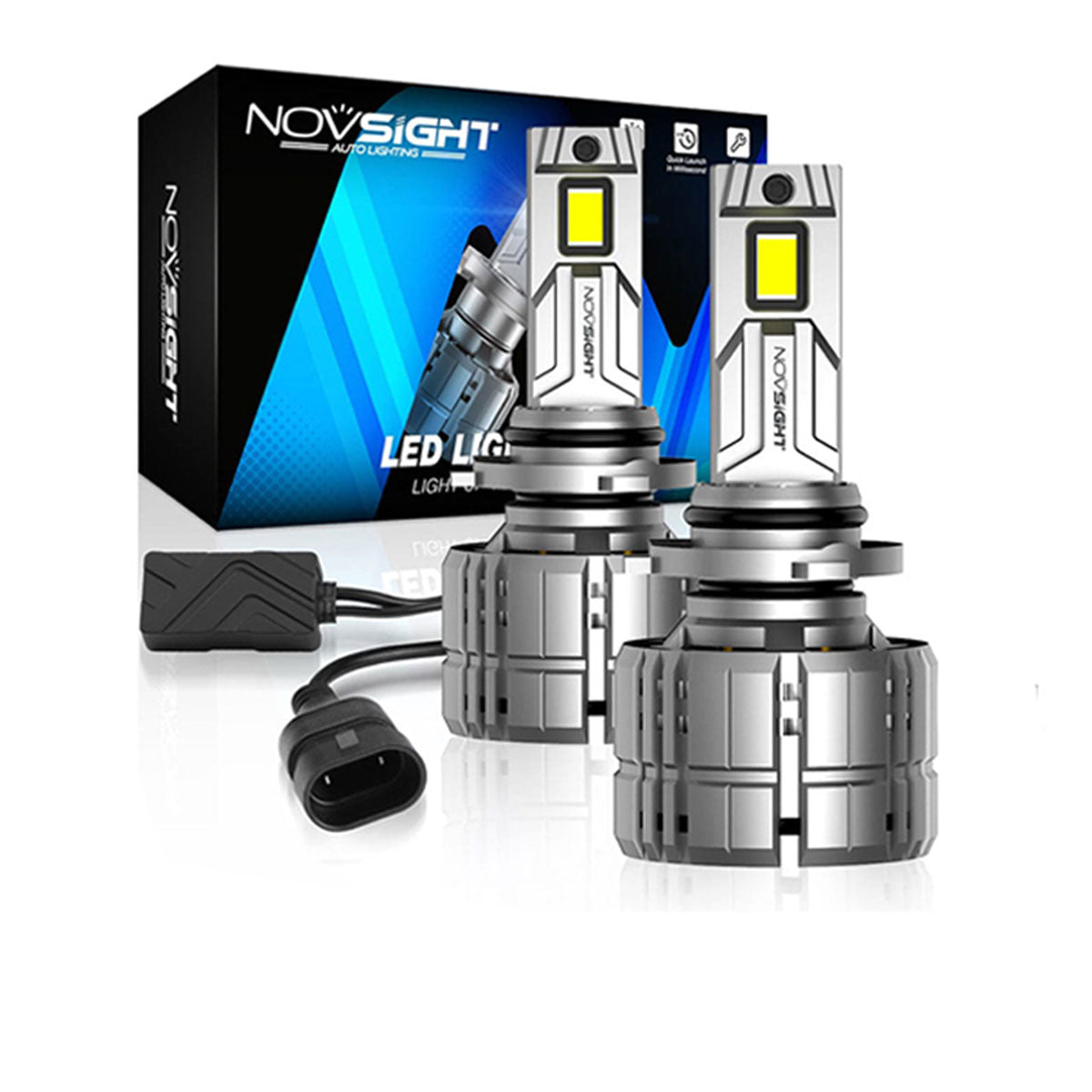
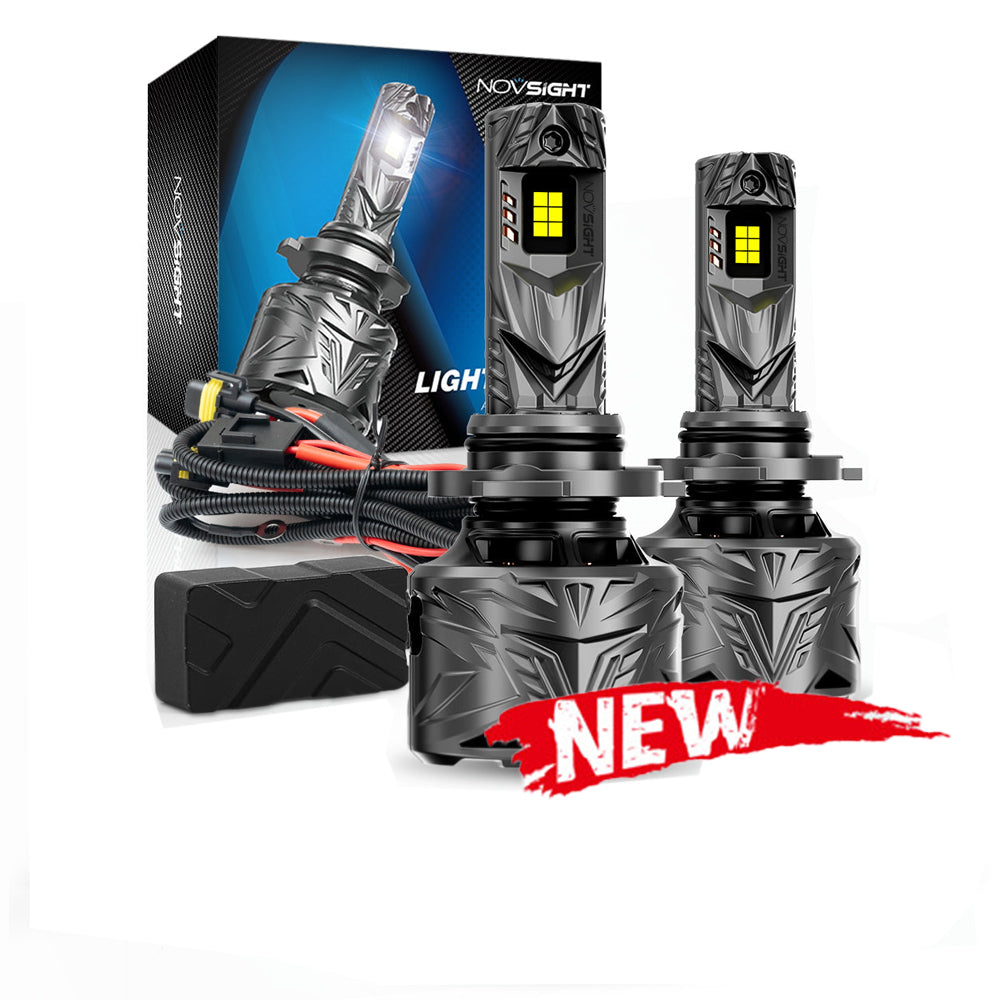

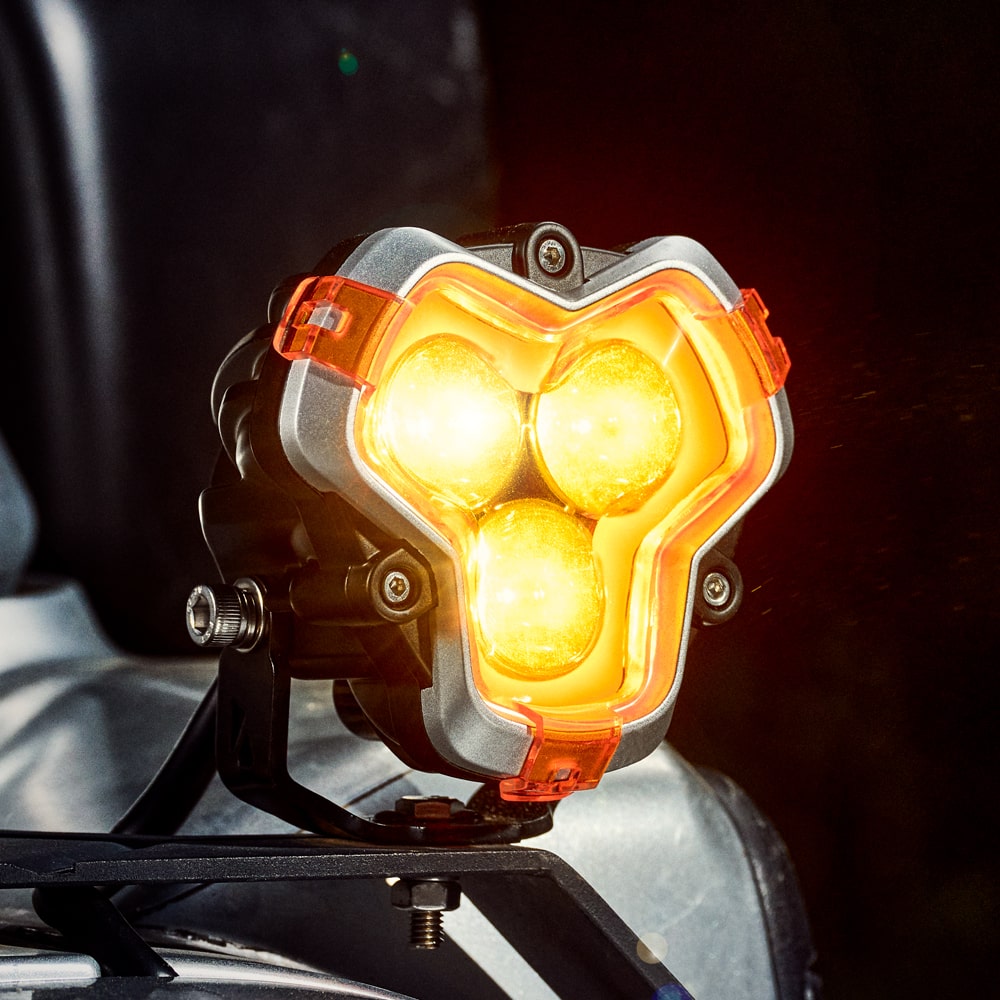

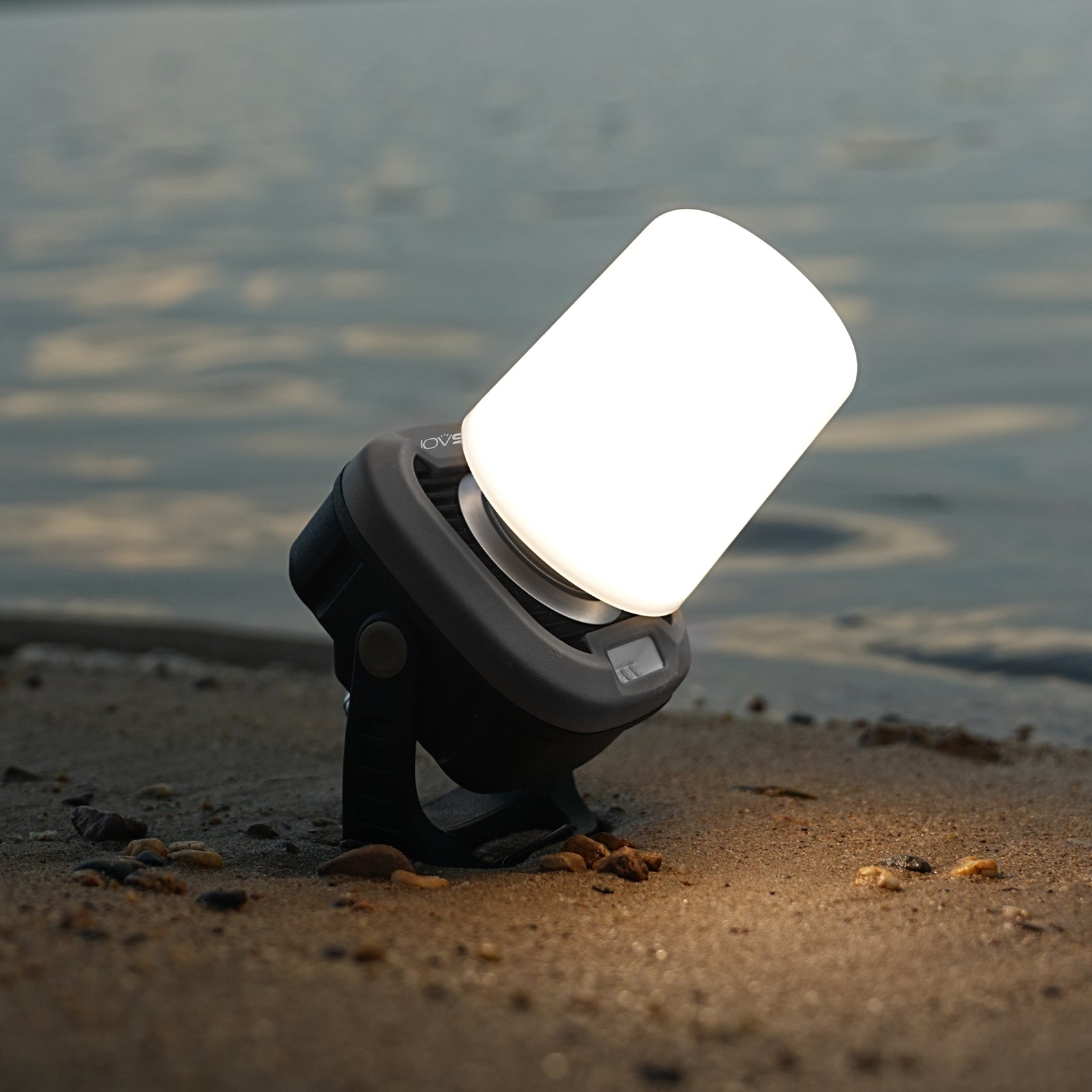
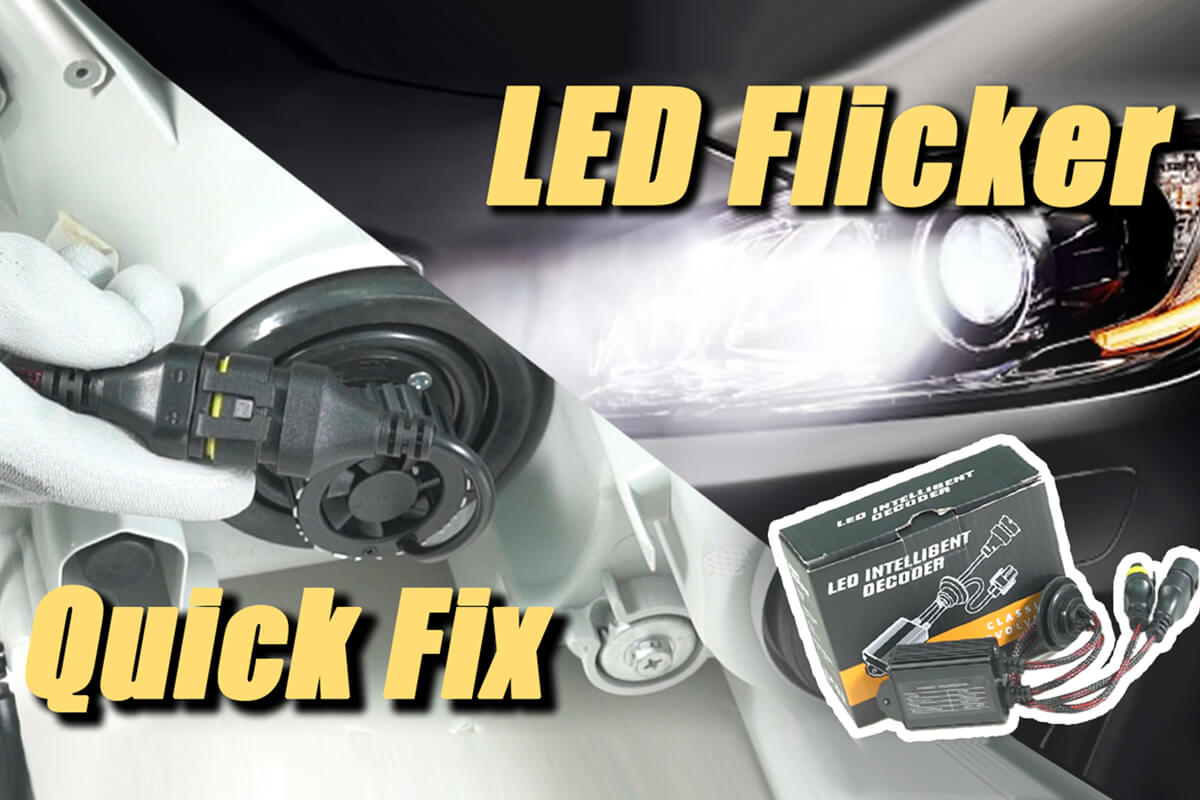


Leave a comment
All comments are moderated before being published.
This site is protected by hCaptcha and the hCaptcha Privacy Policy and Terms of Service apply.